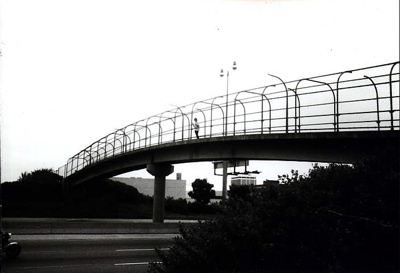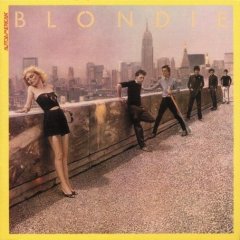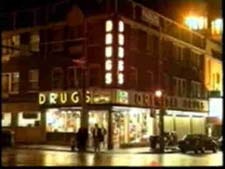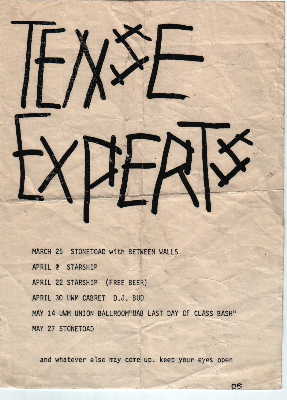When people ask about the town I grew up in, Wauwatosa, Wisconsin, I tell them that it's a great place to live if you are under 12 or over 40. It's safe, clean, quiet, with good shopping and recreational facilities and excellent schools. It's not all that different from Copenhagen, where I live now that I really am over 40.I lived in Wauwatosa until I was 18, which was at least 5 years too long. There was not a lot to do as a teenager there if you weren't involved in sports or the marching band, or had failed the tryouts for the school Pom-Pom squad, as I had. I spent my free time running the high school newspaper, which at least had the benefits of its small lockable office on the second floor of the school building. The only other staff members were two nerdy gay men, one a business manager and the other a cartoonist. We ran a lot of news about sports and the marching band, as well as a gossip column which was entirely made up. I didn't know the hip people well enough for anyone to tell me any gossip.
| 
Wauwatosa, Wisconsin |
|
 Blondie's Autoamerican album, released |
|
|

'Death of a Corner Drugstore.' Oriental Drugs closed in 1995. |
|
|
 The Tense Experts flier |

|
|
|
Next: New York City
Return to Half-life homepage
Send e-mail to Xander Mellish: xmel _improved @xmel.com
U.S. Copyright Office Registration 1-141735861
Send e-mail to Xander Mellish: xmel _improved @xmel.com
U.S. Copyright Office Registration 1-141735861